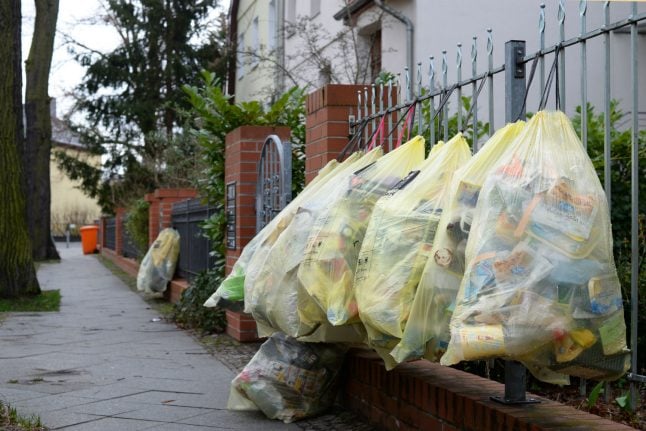The country has now seen nearly two years of falling industrial production.
Spain's factories and utilities cut output by 1.3 percent in the year to May, after smoothing out seasonal blips.
This followed a 1.5-percent decline in April, the National Statistics Institute (INE) said in a preliminary report.
Industrial production has dropped on an annual basis every month since September 2011 as Spain struggles in a near two-year recession, still unable to shake off the implosion in 2008 of a decade-long property bubble.
Output of consumer goods tumbled 1.5 percent overall. Production of durable consumer goods such as cars or washing machines plunged 14.3 percent while output of non-durable consumer goods such as food or paper was unchanged.
Producers boosted output of business equipment by 3.1 percent.
Production of intermediate goods used in manufacturing, such as chemicals, fell 3.4 percent.
Utilities lowered energy output by 1.8 percent.



 Please whitelist us to continue reading.
Please whitelist us to continue reading.
Member comments